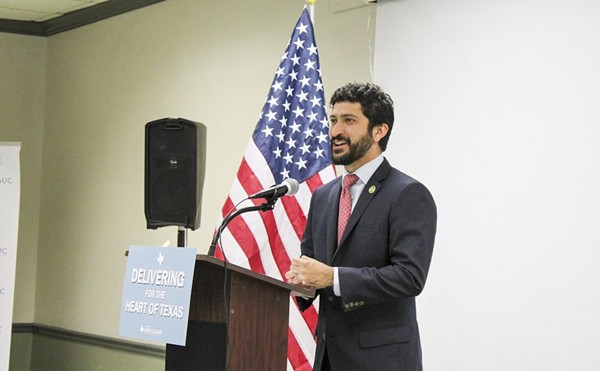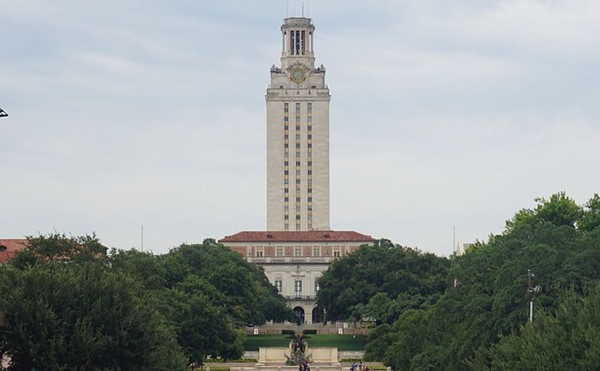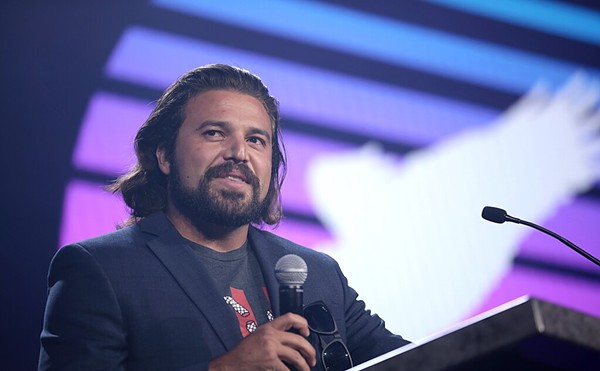Some politicians are simply untouchable. For instance, you never hear a Democrat extolling the virtues of Lester Maddox, the late, segregationist governor of Georgia. And when was the last time you heard a Republican laud the Depression-era economic policies of Herbert Hoover?
But no American political figure of the last century has approached the Kryptonite levels of Joseph McCarthy. A political piñata for Democrats and a leper to be avoided at all costs by Republicans, the late Wisconsin senator had an entire disreputable era named after him. When Americans revisit the 1950s, they inevitably think of Marilyn Monroe, Elvis Presley, and the anti-communist hysteria driven by McCarthy over the first half of that decade.
Since McCarthy’s villainy has long been accepted as fact across the political spectrum, it’s been startling to see a pro-McCarthy movement quietly develop during the last decade, a revisionist school of thought that casts McCarthy, not the people he investigated, as the true victim of that era. This McCarthy was a patriotic defender of freedom who correctly argued that communist subversives had infiltrated the U.S. government.
The latest blast from this camp comes with Blacklisted by History: The Untold Story of Senator Joe McCarthy, a mammoth (663 pages), painstakingly researched book by veteran journalist M. Stanton Evans. This effort comes four years after Ann Coulter’s infamous Treason, which used her love of McCarthy as the basis for the contention that all liberals are spineless and disloyal girly-men. Coulter’s book leaned heavily on the blueprint established by Arthur Herman’s 1999 book, Joseph McCarthy: Reexamining the Life and Legacy of America’s Most Hated
Senator.
You can tell the McCarthy clique is gaining potency because each new work presents him in a more glowing light. Herman took heat for his McCarthy defense, but while he considered McCarthy’s intentions to be honorable, he admitted that the Wisconsin senator erred badly in his execution. Coulter, in her usual manner, offered little real original research and simply went off on a hero-worshiping tangent (she has subsequently encouraged young conservatives to shake up their college campuses by wearing McCarthy T-shirts).
Evans builds his case with much more detail than Coulter and with much less ambivalence than Herman. The book is so one-sided, it feels more like a defense attorney’s brief than an objective work of historical reporting. According to Evans, everything you’ve heard about Tailgunner Joe is wrong: Far from being a belligerent bully, he was unfailingly polite and remarkably patient with even his most combative committee witnesses. Far from being a demagogue who recklessly destroyed reputations, he dutifully exposed the guilty and protected the innocent. And, contrary to his rep, he was not a drunk, at least not until his vicious critics drove him to the bottle.
To be fair, Evans makes some valid points. He notes that McCarthy has become so synonymous with the anti-communist crusades of his time that he’s blamed for every red-baiting excess. He points out that respected newspapers continue to refer to “Joseph McCarthy’s House Un-American Activities Committee,” even though McCarthy was never a member of the U.S. House of Representatives. He’s also right to argue that too many historians have assumed that McCarthy was a cynical opportunist who didn’t believe any of his own rhetoric and simply exploited Cold War paranoia to get elected.
There’s no solid proof of this last charge, and, ultimately, McCarthy’s motivations don’t matter. Sure, he might look like more of a monster if we believe that he was insincere rather than misguided, but it doesn’t alter his impact.
Too often, Evans can only defend McCarthy’s obsessive witch-hunts by telling us that particular targets subsequently turned out to be communists. He misses the broader point, however: that we gain nothing by learning that J. Robert Oppenheimer belonged to the Communist Party or Army clerk Annie Lee Moss received a subscription to the Daily Worker.
To make a painfully obvious middle-school-civics point, communism is an economic theory and representative democracy is a political system. They are not inherently incompatible.
Evans surely knows that during the desperate years of the Great Depression, millions of Americans flirted with communist ideology. If you don’t believe me, consider that Lucille Ball was registered with the Communist Party. Thank God (or Trotsky) that McCarthy never scoured episodes of I Love Lucy for subliminal brainwashing.
From 1941-45, the period when many of
McCarthy’s targets joined the State Department, the Soviet Union was a war-time ally of the
United States. To note, as McCarthy did in 1950, that various State Department officials had a history of sympathy for the Soviets is simply to point out that they were doing their jobs, as those jobs were defined at the time. By McCarthy’s logic, we would now consider Ronald Reagan to be traitorous because he supported Osama bin Laden’s fight against the Soviets in Afghanistan.
McCarthy’s ostensible objective was to root out spies passing information to the Soviets, but he wasted countless hours interrogating people about their ideas, their reading materials, their opinions, and their areas of study. Perhaps he forgot that freedom of thought was supposed to be a core principle of this country.
I don’t think it’s an accident that the McCarthy rehabilitation project has gathered steam in the years since 9/11, when paranoia once again leads us to equate political protest with treason, when voicing disapproval of an ill-considered war somehow means that you are putting the troops at risk (didn’t our president already do that?). McCarthy may never be celebrated at a Republican convention or have an airport named after him, but it’s obvious that his influence refuses to die. •


















